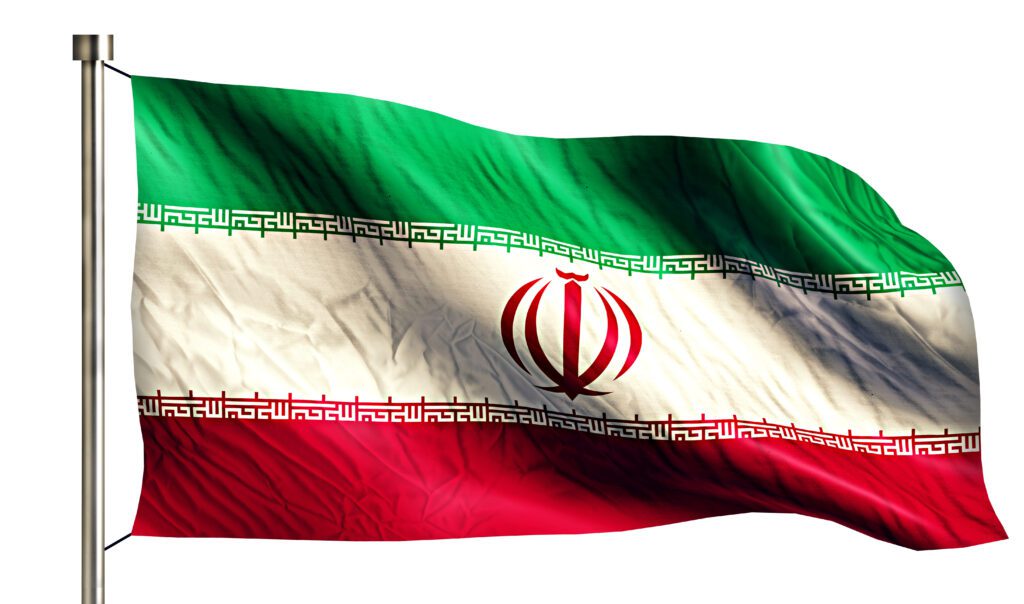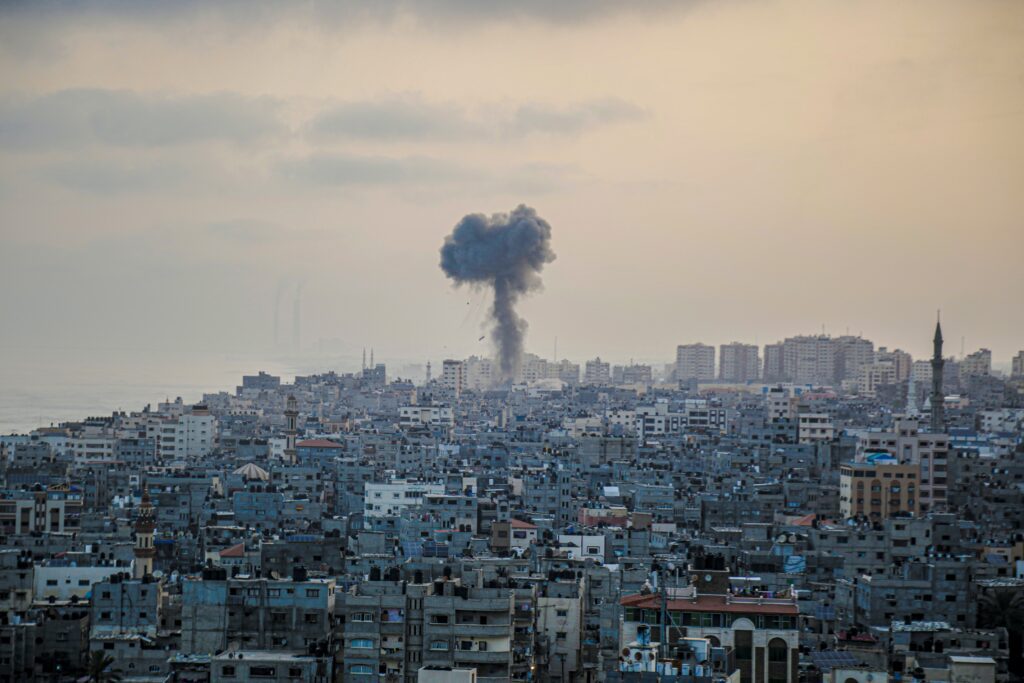Pakistan Launches Missile Strikes into Iran
In a significant development, Pakistan has carried out missile strikes into Iran, resulting in the reported death of nine individuals. This action comes as a response to Iran’s earlier strikes in Pakistan. The reciprocal air strikes have added to the already heightened tensions in the Middle East, where multiple crises are concurrently unfolding.


Background of Regional Tensions
The Middle East is currently grappling with several overlapping crises. Israel is engaged in conflict with the Palestinian group Hamas in Gaza, while simultaneously facing challenges from Iran-backed Hezbollah in Lebanon. Additionally, Iran-backed groups in Iraq and Syria are targeting US forces. Meanwhile, the US and UK have launched strikes against the Iran-backed Houthis in Yemen, who have been actively attacking shipping.
Table of Contents
Long-standing Accusations Between Pakistan and Iran
Pakistan and Iran have a history of accusing each other of harboring militant groups operating from regions along their shared border. This ongoing tension has contributed to the recent series of military actions between the two countries.
Pakistan’s Perspective on the Strikes
Pakistan, in an official statement, confirmed its missile strikes, asserting that the targets were “terrorist hideouts” in Iran’s south-eastern Sistan-Baluchestan province. The strikes reportedly killed three women, two men, and four children. Pakistan’s foreign ministry cited “credible intelligence of impending large-scale terrorist activities” as the basis for its actions. The country emphasized its respect for Iran’s “sovereignty and territorial integrity.”
Details of the Strikes
According to Pakistan’s army, the “precision strikes” involved the use of drones, rockets, and long-range missiles. The targeted entities were identified as the Balochistan Liberation Army and the Balochistan Liberation Front—groups actively involved in a decades-long struggle for greater autonomy in Balochistan, a remote region in south-western Pakistan.
Iran’s Response and Target Clarification
Iran insisted that its strikes were solely aimed at Jaish al-Adl, an ethnic Baloch Sunni Muslim group known for carrying out attacks inside Iran. Iran explicitly stated that the strikes were not directed at Pakistani citizens.
Analysis and Potential Escalation
Analysts have weighed in on the situation, noting that Pakistan’s response, though not surprising, does raise the risk of escalation. Michael Kugelman, the South Asia director at the Wilson Center, suggests that the actions bring both sides to an even footing, offering an opportunity to step back from further escalation.
Domestic Pressures on Pakistan
Some experts suggest that domestic pressure played a role in Pakistan’s response, especially with upcoming elections. Retired Lt General Asif Yaseen, a former Pakistani defense secretary, believes that this act may be a demonstration of strength amid internal political dynamics.
Broader Context of Iranian Strikes
Commentators speculate that Iran’s recent strikes in Iraq, Syria, and Pakistan may be a response to the turbulent dynamics in the Middle East. Tehran has denied direct involvement in the Israel-Gaza conflict but has supported groups targeting Israel and its allies in solidarity with the Palestinians.
China’s Call for Restraint
China, a strong ally of both Pakistan and Iran, has urged both nations to exercise restraint and avoid further escalation in the already tense situation.


Amjad Mustafa, the owner and author of Keen2Know, is a highly qualified individual with strong experience in technical engineering. He is an experienced professional with a variety of business, technology, and car knowledge. His academic background prepared him for a diverse career and established him as a prominent figure at the intersection of these rapidly evolving industries.



